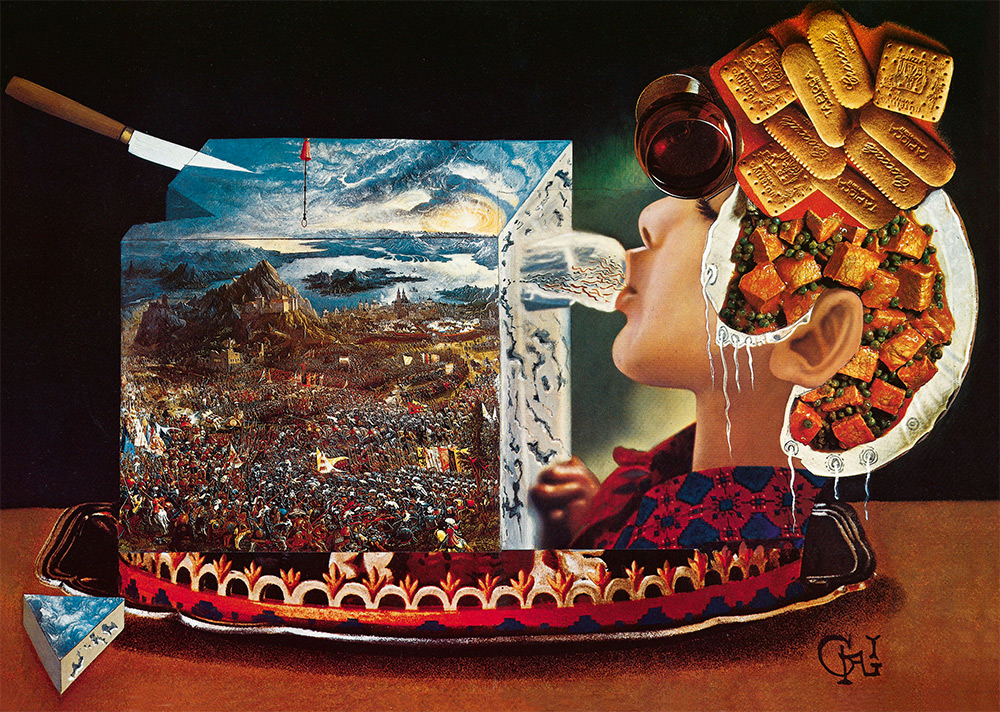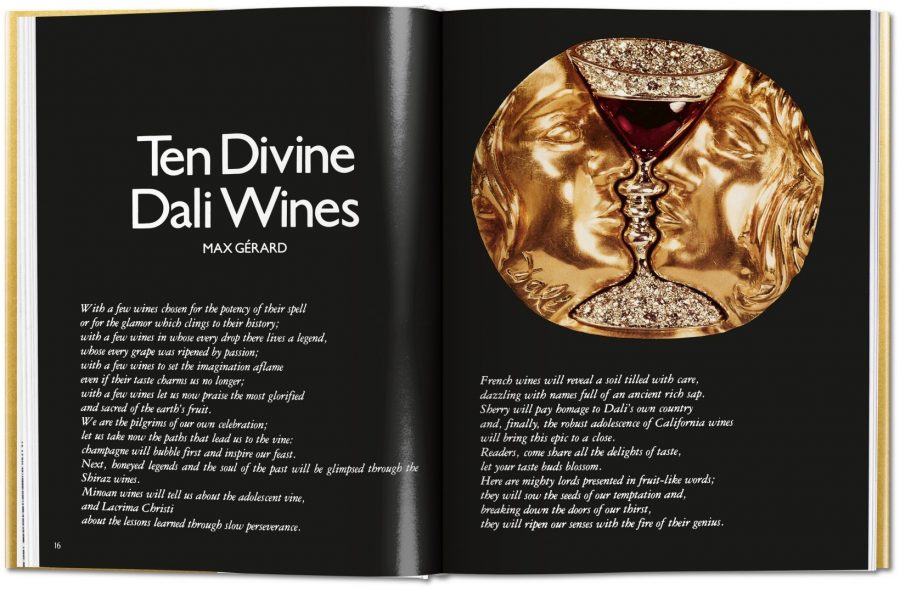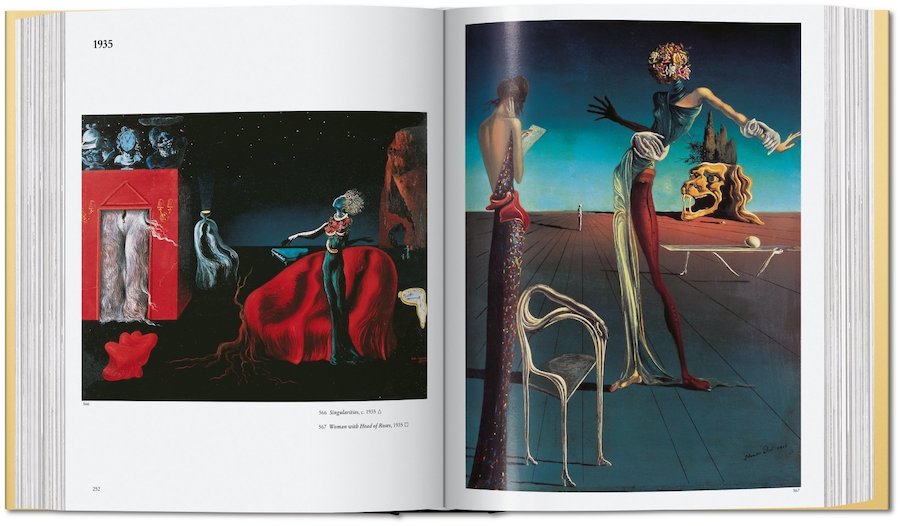For the indefinite time being, we live with fear atop anxiety, anxiously looking for order in the past and in the future. But some people with newfound leisure in their coronavirus isolation have returned to what matters to them most here and now, and started to imagine a world no policy proposal can describe. The internet has given us greater and greater access to people who have been doing this all along. Even before the current pandemic, artists like Herbie Hancock and Kamasi Washington were expanding our notions of the possible in music and in life.
After leaving Miles Davis and going solo, Hancock was sometimes unfairly derided as a popularizer. In 1974, after his first gold record Head Hunters came out, critic Lee Underwood gave him the backhanded nickname “Mr. Communicate-With-A-Wider-Audience.” But as an early adopter of synthesizer technology, he was instrumental in keeping jazz in the spotlight throughout the 70s and integral to its influence on 80s pop. Likewise, Washington has been on the vanguard of a resurgent jazz as conversant with hip hop as it is with its forebears.
Part of a “bilingual generation,” as John Lewis writes at The Guardian, fluent in the old and new, Washington built cultural bridges as the musical director for Kendrick Lamar’s groundbreaking To Pimp a Butterfly. And both Hancock and Washington have worked with producer Flying Lotus, the grand-nephew of Alice Coltrane and grandson of singer-songwriter Marilyn McLeod. In their collaborations with other artists and their career-spanning world tours, they know their subject intimately when they talk about music as a uniting force, a fact we’ve all remarked on as people in infected areas emerge from windows to serenade their neighbors.
Maybe music is even more powerful than we allow in our communally joyful appreciation of Italian opera singers on balconies. Not only does it unite generations and genres, as Washington says in his short, animated conversation with Hancock above, it shuts down bigotry. When racists hear James Brown, he jokes, they become temporarily embarrassed out of their hate. (“I’ll go back to being a bigot when the song is over.”) Hancock replies that “music has a job to do,” and it’s to keep people together. How does it do this? Not only through mutual appreciation but also mutual creation.
“Music, and the arts in general,” says Hancock, can combine cultures, religions, and other differences uniquely such that “what comes out is something that neither one can take credit for. What comes out is a third thing. So it’s like one plus one equals three. That’s a new kind of math,” he says, and laughs. Hancock and Washington both draw from sources of spiritual wisdom that inform their music and broader views. Hancock’s Buddhist practice constitutes for him, he said in his Harvard Norton Lectures in 2014, a way of “being open to the myriad opportunities that are available on the other side of the fortress.”
Washington, whom The Fader hyperbolically calls “the wisest man on earth,” casually shared his philosophy of possibility in a recent interview. Transcending prejudice requires more than digging James Brown together. Maybe we need to readjust our whole perspective, he suggests:
I’m kind of a science-fiction guy and was thinking, “One day we’re going to travel to all these places and see the universe.” So there’s a side of myself that’s really infatuated with all the amazing things that I will do and the world can do — the idea of our endless potential. And the other side sees the struggle and is always problem-solving and poking holes, because I think of myself as being able to plug those holes. I imagine the world as a place of never-ending struggle because I have endless potential.
It’s a quote that calls to mind the Bodhisattva’s vows. And what do we do? we might demand of this visionary vagueness. What do we do with the spectacles of gross negligence, corruption, and criminal mismanagement all around us? His answer involves acceptance as much as action.
We don’t live in the whole world so we have a whole lot of control — ultimate control — over our little pocket. The people who seem to have a lot of power don’t actually have a lot of power; someone like Trump only has the power people give him and at any point we can take that back.
We might imagine the larger conversation between Hancock and Washington, who began a tour together last year, elaborating on ways to act locally but think with limitless potential, to emerge from fortresses of prejudice and exercise collective power. We would do well to pay attention to artists now, especially those like Hancock and Washington who have been soundtracking the future for decades, and who seem to think that it still has a chance.
Related Content:
Josh Jones is a writer and musician based in Durham, NC. Follow him at @jdmagness






